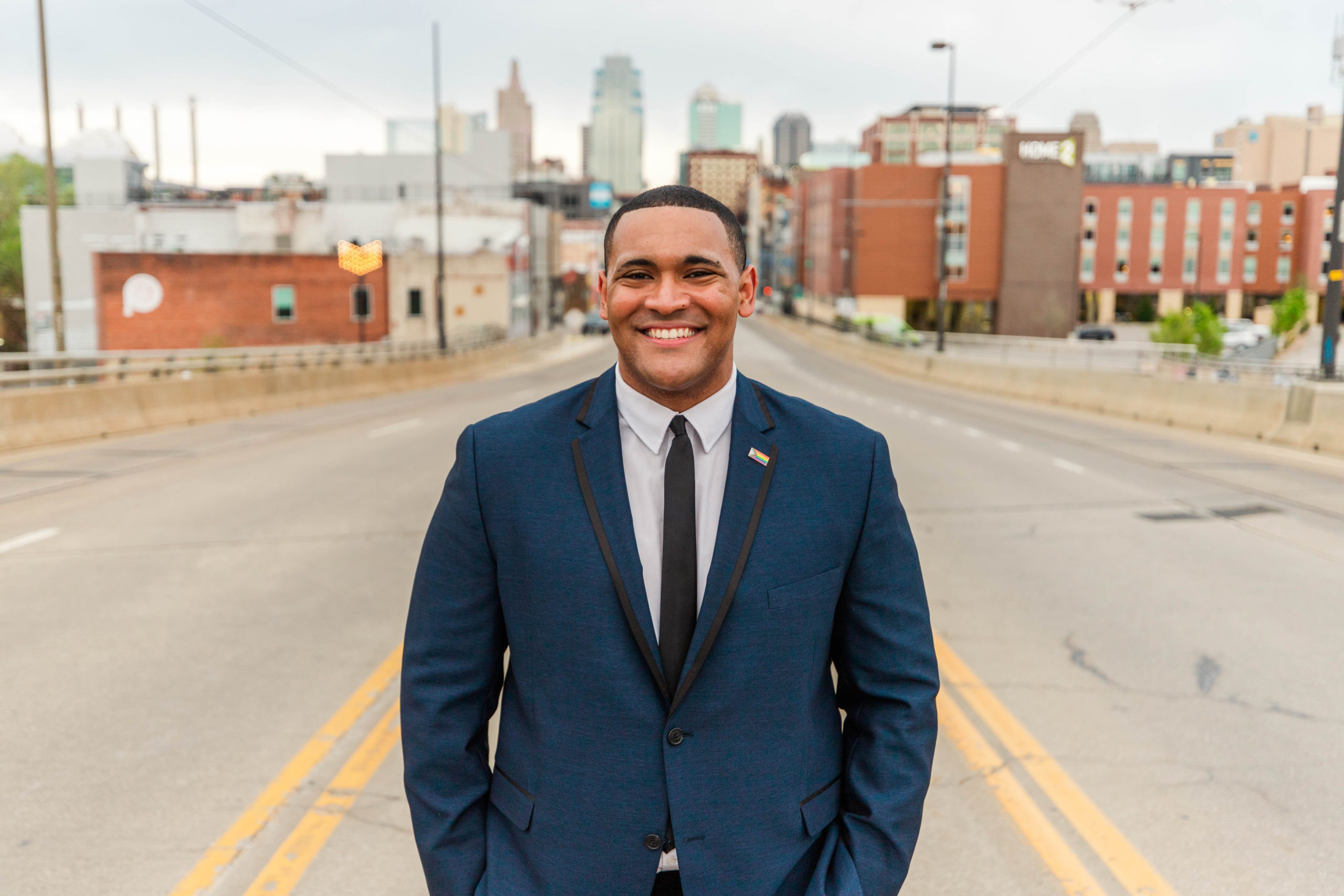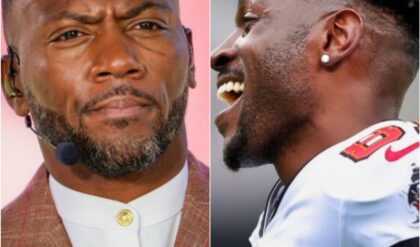
In a recent development that has stirred the pot in Kansas City and beyond, former Kansas City commissioner Justice Horn took to X (formerly Twitter) to express his views on Harrison Butker, the celebrated kicker for the Kansas City Chiefs. Horn’s post read, “Harrison Butker doesn’t represent Kansas City nor has he ever. Kansas City has always been a place that welcomes, affirms, and embraces our LGBTQ+ community members.” This statement has sparked a lively debate about the intersection of sports, politics, and community values.
Justice Horn, a prominent figure in Kansas City’s political and social landscape, has long been an advocate for the LGBTQ+ community. His tweet comes in response to a series of actions and statements made by Butker, which some have perceived as lacking inclusivity and sensitivity towards LGBTQ+ issues. This social media post is significant, not only because it calls out a high-profile athlete but also because it underscores the broader values and identity of Kansas City as a community.
Harrison Butker, known for his crucial field goals and consistent performance on the football field, has found himself in the spotlight for reasons beyond his athletic prowess. Butker has been vocal about his personal beliefs, which have occasionally sparked controversy. His comments and actions, particularly those perceived as misaligned with progressive values, have been a point of contention among fans and the broader public.
Horn’s assertion that Butker “doesn’t represent Kansas City” highlights a critical discussion about what it means to represent a community. Kansas City, known for its vibrant culture and diverse population, prides itself on being inclusive and supportive of all its residents, including those from the LGBTQ+ community. Horn’s statement serves as a reminder that the city’s identity is rooted in these inclusive values, and that public figures, especially those with significant influence, should embody and reflect these principles.

The response to Horn’s tweet has been mixed, reflecting the broader societal divide on issues of inclusion and representation. Supporters of Horn’s view argue that public figures have a responsibility to uphold the values of the communities they represent. They believe that Butker’s actions and statements, which they perceive as not aligning with Kansas City’s inclusive ethos, justify Horn’s criticism. On the other hand, some defend Butker, emphasizing his right to personal beliefs and free speech. They argue that his contributions on the field should be the primary measure of his representation of the city.
This debate touches on the larger question of how athletes and other public figures navigate their roles as representatives of their communities. In an era where personal beliefs and public personas are increasingly scrutinized, the expectations placed on these individuals are complex and multifaceted. Athletes like Butker, who have significant public platforms, find themselves at the intersection of sports, politics, and societal values.
Justice Horn’s tweet also brings to light the ongoing efforts within Kansas City to foster a more inclusive environment. The city’s commitment to embracing and affirming its LGBTQ+ community is a testament to its progressive values. By publicly challenging Butker’s representation of Kansas City, Horn is advocating for a more aligned representation of the city’s core values.
In conclusion, former Kansas City commissioner Justice Horn’s statement about Harrison Butker has ignited an important conversation about representation, community values, and the role of public figures. Horn’s assertion that Butker does not represent Kansas City underscores the city’s commitment to inclusivity and support for the LGBTQ+ community. As Kansas City continues to evolve and define its identity, such dialogues are crucial in ensuring that the voices and values of all community members are acknowledged and respected.





